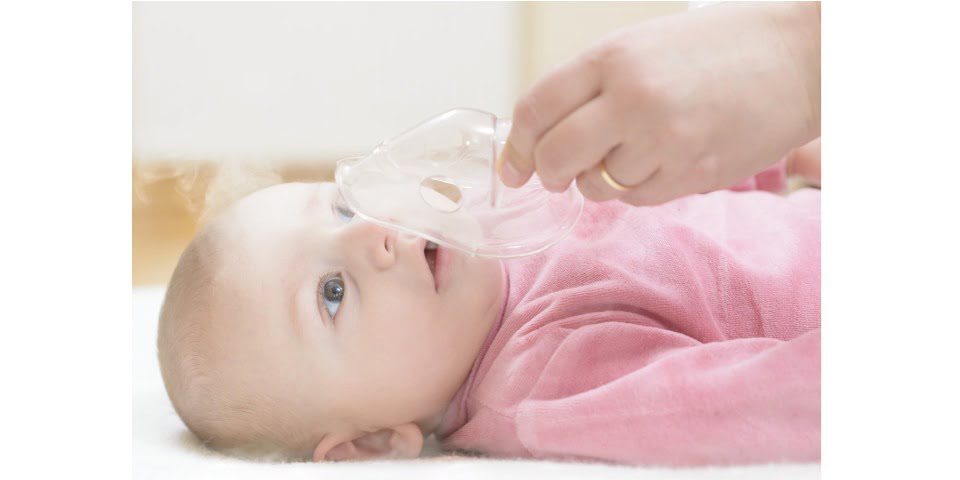New research suggests a maternal vaccination against respiratory syncytial viral (RSV) should be augmented with active immunisation in a child’s first two years to reduce the onset of asthma.
Infants who contract severe RSV disease after the age of six months are twice as likely to develop severe asthma in later years than babies who get the disease before this age.
These findings were revealed by an extensive UNSW study of babies hospitalised due to RSV in NSW during a 10-year period.
RSV is the leading cause of lower respiratory tract infections such as bronchiolitis in infants, and in severe cases requires hospitalisation. Early RSV disease is also a strong predictor of childhood asthma.
Study lead author Dr Nusrat Homaira from UNSW’s School of Women’s and Children’s Health says the research has important implications for the development and implementation of a promising vaccine which is now in its third and final stage of testing.
“In the past 10 years there has been unprecedented development of a vaccine for RSV because it’s such a huge problem,” she said, adding that 80 per cent of infants get the disease by their second birthday.
“The vaccine under development is going to be given to women during their third trimester to boost the maternal antibodies, which will protect babies against severe RSV.”
However, Dr Homaira says protection from a ‘passive’ vaccine administered to an expectant mother may protect only as far as the baby’s first six months of life. After this time, an infant could still develop an RSV infection.
This is where the new research provides some new knowledge. Dr Homaira and her co-authors looked at 18,042 children with severe RSV disease who were hospitalised in their first two years of life in NSW between 2001 and 2010.
They found that 60 per cent of all admissions were for infants aged six months or younger.
“This confirmed that there’s a very good reason to develop the maternal vaccine, because it’s going to protect them in the first six months of their life,” Dr Homaira said.
Their second finding surprised the team. This was that of the 40 per cent hospitalised after the age of six months, more of these children went on to return to hospital with severe asthma in later years than the cohort of infants who contracted RSV in their first six months of life.
“So, what our analysis showed is that even though you get more RSV in the first six months of life, if you get severe RSV after six months of age, the rate of subsequent asthma is actually higher in those children,” Dr Homaira said
The authors say they believe this new knowledge should inform the strategy to implement the immunisation against RSV once the trial phase has ended, to boost immunity beyond the reach of the maternal vaccine.
The study was released this week in the Journal of Infectious Diseases.






